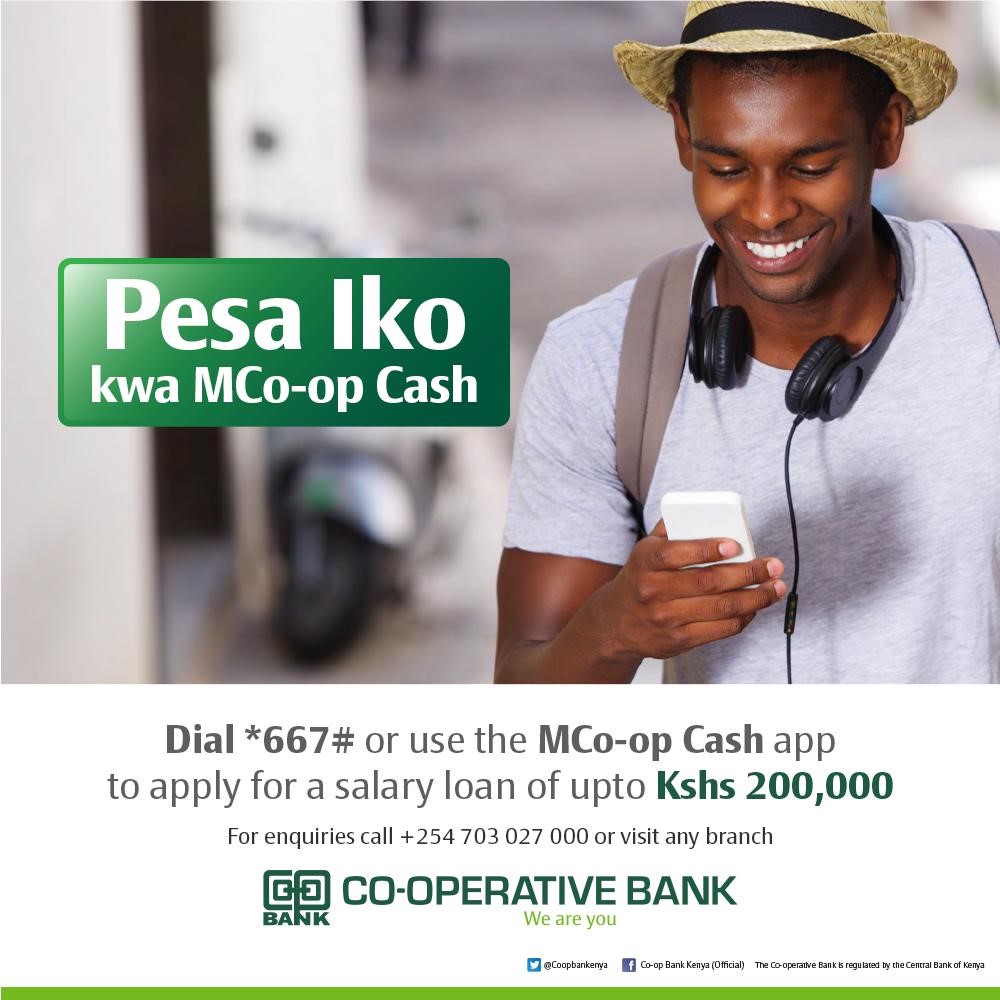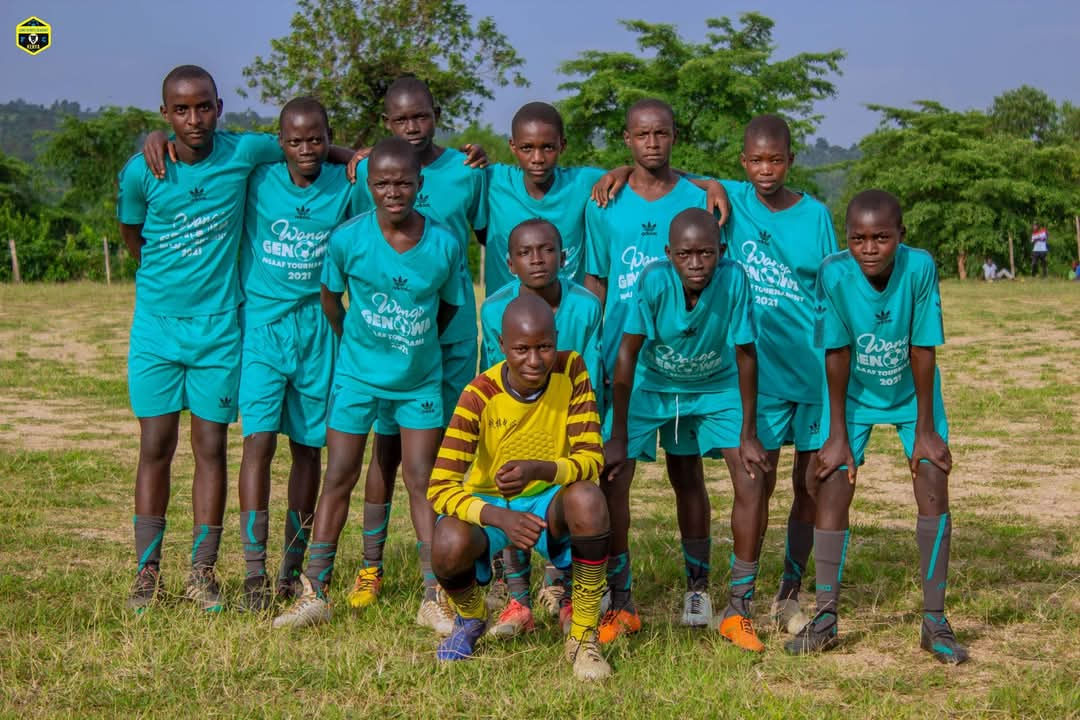Character Development: Nanyuki Town Showed Me Manenoz!
It is my first time in Nanyuki town. The last two days si nimeona mambo? Suddenly, nimejua the meaning of the phrase ‘Wueh!’
It’s a pleasant little town that welcomes you in a massive bear hug but still holds back. It reminds me of running home in the rain and banging on my grandmother’s kitchen door. I’m soaked to the skin, loved and welcome, but not so fast, Sonny! There’s no way she’ll let me in dripping wet and muddy.
Enjoy the heat and the tantalizing smell of food from the doorstep till I can get my ducks in a row. Now, that’s how Nanyuki feels to me.
As a personal rule when in a new town, I steer clear of hotels or places with a star rating. I’m always after its vibe, heart and soul. This spirit thrives in the dark, litter-strewn back alleys where locals and ordinary folks live.
Nanyuki has the best on both fronts. She has classy, five-star places that serve breakfast with little towels soaked in steaming water on balconies overlooking lawns and grazing horses. The stories here are too formal. I prefer the other side with politically incorrect stories.
Lakini, nimeskia sana story za Nanyuki. I should have been afraid. But, self-confidence ni nini? I thumped my chest up: Ah, si nimekuwa places bwana. I did just fine in hungrier cities.
Sunday afternoon, I left my BnB and wandered downtown. In this context, it means getting to the fifth or sixth streets that circle the CBD. Nanyuki and Mombasa are similar – they have two major avenues running across. I wander around till I stumble into a small alley that sounds like a concert is in play. Music from different places merges.
There’s a row of little joints with comely names above the doors: Kwa Nyambu, Kwa Monica and so on. Each doorway hangs those ingenious blinds made from colourful plastic bottle tops. Ah, nice. Hizi sasa ndo base zangu. I start with Kwa Monica, I like the name. I stride in like the main actor in a Mexican action movie.
It’s a little dark, my eyes need a minute. There are three long tables with branded plastic sheets, and plastic chairs stacked in two’s. There’s a gigantic TV in a cage above the counter that’s reinforced with iron bars. A past La Liga match is streaming. I see a ‘Free Wifi’ poster. Great. A few patrons silently watch me. A girl emerges from the counter.
As soon as the girl gets close, I ask loudly so that the patrons hear.
“Sasa Sister, kwani Nyambu alienda wapi?”
I take off my denim jacket and drape it over the next seat. I’m trying to relax like a sort of regular. Eight out of ten times – every other joint in Kenyan towns has had a girl named Nyambu running it. Check that out.
Someone on the other table beats her to the answer.
“Ah, Nyambu?! Unajua Nyambu? Alas, bro….huyo alienda Christmas hakurudi” A guy shouts, rises and grabs the next seat. It has my denim jacket draped on it.
“Mi naitwa Abdalla…” he says, extending a hand. I fist bump instead.
I ask for a soft drink and point to my now-friend Abdalla, who asks if he would like a drink. Of course, he would. In less time than you can say Timbuktu, Abdalla is reeling off the particulars of this town better than any guide you’ll meet in the 5-star places.
Immediately, two things are clear. One, I’ve hit the jackpot – Abdalla is a terrific storyteller. Two, I’d be staying longer in Nanyuki.
Abdalla tells me about himself. He’s a coastal native but he’s been around for give or take three decades. I doubt he’d remember his Msambweni village well. But, granted the man has lost little of his people’s famed storytelling skills. It gets better the merrier he gets. If he’d gone to college, he would have made a terrific radio morning show host. He invites his friends.
I’d ask Abdalla some random crazy stuff.
Like, in Msambweni, has he ever bumped into a night runner?
The story’s build-up would be as exciting as the story itself!
Abdalla would lean back like he had spent a lifetime studying a congregation of night runners. I was hooked. Sunday afternoon passed quickly. The joint started filling up towards evening. It started getting chilly, too. A lot of locals are rocking those checked Maasai Kikoi’s. Nanyuki is hot by day, and chilly by night.
I reach for my denim jacket. Wueh! No trace. It had disappeared. I cannot answer the how-when-and-with-who. Suddenly, I realised that I had not received a call that entire afternoon. My backup Kabambe phone was in the jacket, along with Ksh70 in coins. Luckily, my smartphone had run out of charge and left charging at my BnB.
Wueh! Wacha Abdalla aanze kuzusha. It was total mayhem.
Inwardly, I knew I’d never get my jacket, phone and money back no matter the ruckus that we raised here. He knew it too. I had no other money on me – and, I still had a bill to clear. We had a running total of Ksh1350.
I had my wallet in the back pocket with only my ID card. I never carry cash when travelling. It’s too risky. I used to carry my Co-op Bank Visa Card. Lately, the bank’s mobile banking app – Mco-opCash – has usurped all the need for cash or ATM, including withdrawals.
Abdalla walks me to a Safaricom agent shop four doors down from Mama Monica’s. I needed to replace my lost SIM card. I did not have any money in my MPesa account, but I knew I could still access my Coop Bank account via Mco-opCash.
I had the Mco-opCash app on my Android phone, but I had lost the sim card. Even if I replaced the SIM card, I’d still have to visit a Co-op Bank branch to activate and link it to the app. I had one option: To replace the SIM card and access Mco-opCash through the USSD code *667#.
Half an hour later, we returned to Mama Monica’s. I borrowed a handset from the waitress and inserted my replaced Safaricom sim card. I dialled *667# to access Mco-opCash account and made a transaction withdrawal to my MPesa account. That’s the beauty of Mco-opCash.
If your phone gets lost, you can replace the SIM card and access your account. I’ll find time to visit a Co-op Bank branch to reactivate my new sim card and link it to the Mco-opCash app.
Nanyuki imenionyesha maneno. But I live by the adage that everything is either a win or a lesson.
I’ll still stick around. I’m still very hooked on Abdalla’s stories.





